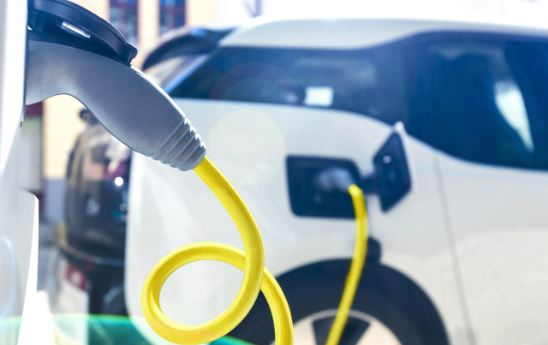“Aatmanirbharta” would make Indian EV producers and customers self-sufficient as well as turn our nation into a world power in the electric sector.
India is on the cusp of an electric vehicle revolution and will soon overtake the rest of the world as the industry’s hub. The prosperity of India will be largely dependent on its ability to achieve “Aatmanirbharta,” or self-reliance, as the nation continues on its path toward electric mobility. The two and three-wheeler EV markets in India are the largest and fastest-growing in the world. Only if we are self-reliant, particularly in the technology area, will it be able to effortlessly cater to a huge market like India.
Aatmanirbharta would make Indian EV producers and customers self-sufficient as well as turn our nation into a world force in the electric sector.
The efforts of manufacturers who are receptive to persistent consumer input and assistance from government organizations in terms of subsidies and ease of doing business will culminate in this. It is crucial to promote the entrepreneurial spirit that permeates the nation on all socioeconomic levels. The increasing number of companies producing everything from low and high-speed two-wheelers to four-wheelers, hybrid and electric vehicles, e-carts, and heavy EVs can be used to gauge how the Indian EV market is developing.
A number of state governments are also supporting EV startups with their initiatives, subsidies, and legislation.
What then would some productive areas of attention be for Aatmanirbharta in the EV?
The simplicity of the product
As sales rise, Indian EV makers must place a high priority on safety. Delivering on safety, cost-effectiveness, and range anxiety will be crucial for encouraging more customers to select electric vehicles.
The simplicity and consistency of their products must be prioritized by manufacturers, and they must continue to advance the technology required to make EVs safer. Every effort must be made to guarantee that the products are uncomplicated, simple to use, and have little to no problems.
Research and Development
It is essential to invest in and develop local technology that is appropriate for Indian settings, taking into account Indian roads, fluctuating weather, needed range, and driving patterns. The production of vital parts, including batteries and drivetrains, is already well underway and will significantly boost self-reliance. Magnets are a significant obstacle to India’s EV revolution. Better magnets are required for the production of EV motors, and the best magnets can only be produced using 17 rare earth metals, which are very challenging to extract from the earth’s core. It is not in the best interest of the development of our e-mobility that we rely on other countries for magnets because China controls the extraction and supply of rare earth magnets.
In order to develop affordable EV solutions, the Indian government and businesses must spend money on magnet R&D. In order to make India self-sufficient in terms of magnet production, the government-owned International Advanced Research Centre for Powder Metallurgy and New Materials (ARCI) has already started doing research in this field.
Putting the interests of the client first
In the EV industry, it is critical to put the demands of the customer first. It is crucial and now underway to make a significant industry-wide, government-driven effort to provide exactly what consumers need. Large-scale legacy manufacturers have already begun releasing EVs and hybrid automobiles onto the market thanks to the government providing several incentives to startups with two- and three-wheelers, battery-swapping technologies, and charging solutions.
The development of a strong charging infrastructure, a network for exchanging batteries, and a higher density of charging stations would all benefit from the government and large-scale manufacturers working together. These partnerships will increase serviceability, promote adoption, and save expenses.
Feedback
Another crucial area of attention is the after-sales experience. Most Indians are deterred from buying an EV because there aren’t many or any after-sales services at all. By providing extensive, dependable, and timely after-sales services for EV vehicles, this mindset needs to be altered.
The market for electric vehicles has a wide range of prospects to completely transform how we commute and travel. To achieve the safe and secure widespread adoption of EVs, all sector players must work together to combine information, knowledge, and resources using a 360-degree strategy.
India’s position in the front row of the EV revolution will be ensured by starting with a strong product and swiftly providing after-sales services.









